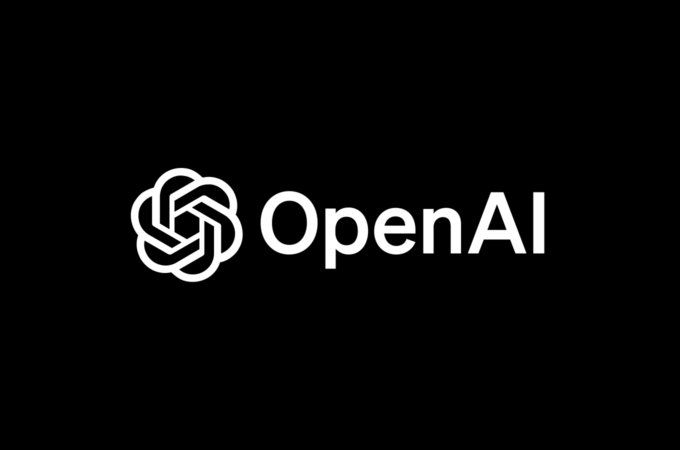
Will IBM Watson Endanger RegTech Startups in 2017?
By Elena Mesropyan for LTP
IBM Watson is probably one of the wonders of modern technological advancements and a crown jewel of the IBM Corp. The company made its bet on advancing Watson to swoop into a range of industries and in the nearest future, IBM could become the primary player across verticals that startups should worry about.
RegTech has been rapidly gaining financial traction and boosting its adoption rates over its relatively short history. The need and demand for regulatory technology have been fueled by the increasing cost of compliance and inefficiency of legacy systems in place among other factors. Some recent estimates suggest that over 300 million pages of regulatory documents will be published by 2020 and over 600 legislative initiatives need to be cataloged by a medium-sized sell-side institution in order to have a holistic view of their rulebook.
The history of RegTech, however, may take a hit and course correction as a particular technology company has silently made its way into RegTech this fall – IBM is actively ‘coaching’ Watson to crunch complex legislation and compliance materials. IBM estimates that financial firms are spending over 10% of their operational budgets on compliance issuesand hopes to drive down the costs by using its ML platform to aid banks in keeping a handle on the growing body of regulation.
At the end of September, IBM acqui-hired Promontory’s 600 employees – many of whom are former government regulators – to bolster its artificial-intelligence program, known as Watson (the acquisition was finalized at the end of November). As noted by ANZ, founded by a former US regulator, Promontory is recognized as one of the world’s leading firms in regulatory compliance, risk management and risk culture.
According to the official statement, Promontory will begin to accelerate IBM’s development and machine training of cognitive solutions for risk and compliance. This includes solutions for tracking constantly changing regulatory obligations, expectations and control requirements, as well as solutions that address specific compliance needs such as financial risk modeling, surveillance, anti-money laundering (AML) and Know Your Customer (KYC). In addition, Promontory professionals will extend IBM’s consulting and services offerings to help clients dramatically reduce the cost of regulatory compliance.
“Promontory’s professionals will train Watson, which will learn by continuously ingesting regulatory information as it is created and through interaction in real-world applications,” IBM said in a statement. And when Watson is smart enough to take over the RegTech business in a more efficient and cost-effective for clients, it will not leave much space for RegTech startups working to automate compliance.
While Promontory’s team is sharpening Watson’s capabilities in sub-segments, the AI machine is already a viable alternative to clusters of startups developing solutions for regulatory compliance analytics, fraud and financial crimes monitoring and non-compliant behavior surveillance.
Moreover, Watson is expected to have an upper hand over the RegTech startup community because it can deliver a triple value to financial institutions, as Matthew Kim, Strategy Analyst at Deutsche Bank recently pointed out:
- Helping its regulation division manage and compile the numerous documents required on the road to compliance;
- In and of itself enable the bank to pass the data quality and control provisions of a stress test;
- Cut costs in the regulatory division. In other words, Watson could help the bank expedite the process of complying with regulation as well as be compliant.
Indeed, the company is looking to enrich its IBM’s Industry Platforms business, formed to develop open vertical platforms – the first comprehensive “as a service” offerings designed from the ground up for individual industries. These platforms will integrate IBM Cloud, Watson and capabilities from across digital ecosystems of specialized providers, and serve multiple clients in an industry – delivering dramatically reduced costs for outcomes spanning speed, quality, audit-ability, security and transparency, as the company emphasizes.
Comprehensiveness is a major Ace up IBM’s sleeve as opposed to a very segmented RegTech landscape, with startups addressing a particular problem. Meanwhile, it makes more sense in terms of efficiency, scalability and cost for large financial institutions to look for an end-to-end solution, effectively tackling the ‘rainbow’ of compliance issues.
After the training Watson receives from the Promontory staff, the AI machine will move forward by continually processing new regulations as they are created, and by interacting with real-world scenarios, as reported by BI. This will enable Watson to interpret new regulations and decide the implications, as well as implement required changes in processes, the edition adds.
The success in teaching Watson to comprehend complex and ever-evolving regulatory environment in order to redirect operations for financial institutions will certainly have a strong impact on the RegTech community. Some of the reasons include the scale and cross-industry capabilities of IBM’s AI machine, adaptiveness and comprehensiveness in approach. The RegTech community, on contrary, is mostly differentiated to address particular compliance issues. Although plug-and-play is an option with startups’ solutions, for international financial institutions it makes more strategic sense to turn to a trusted technology giant that offers an end-to-end solution and is capable of substituting a compliance department in the most efficient and scalable manner.
First appeared at LTP





